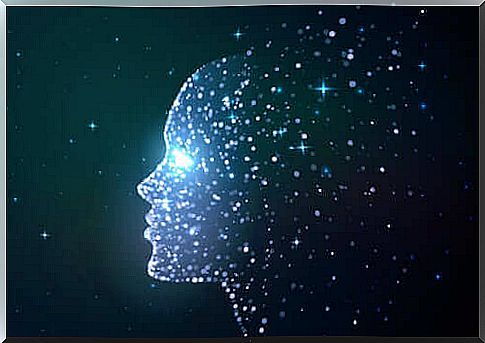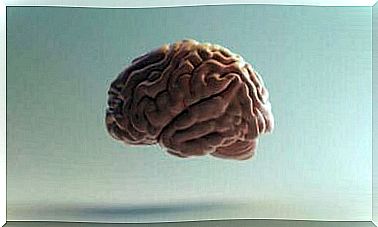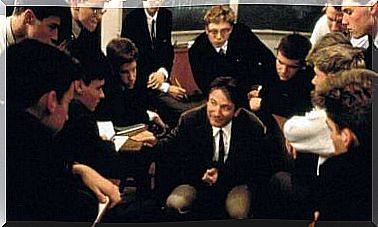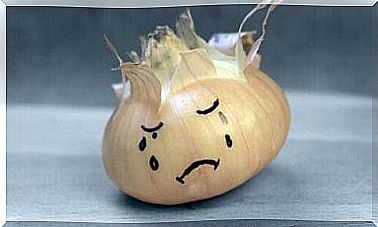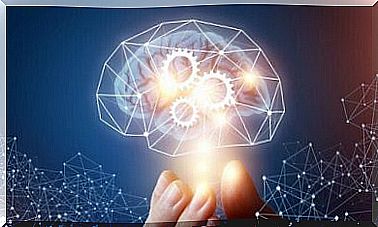Interesting Revelations From Various Experiences On Frustration

The scientific literature is rich in studies and experiments on frustration, an emotional state triggered by the reduction or removal of stimuli considered rewarding. Usually, frustrating situations have in common the presence of a seemingly intractable problem or a seemingly insurmountable obstacle.
Many researchers have experimented with frustration, both in animals and humans. The results indicate that, in many circumstances, the responses are similar. The subject has been studied systematically since 1950 in various parts of the planet.
There are many ways to generate frustration in human beings. A rewarding stimulus can be reduced or eliminated, but it can also be interrupted, delayed, or put a person in a difficult situation. All of this is the basis of the experiences of frustration. Here are just a few of them.

Experiences of frustration with money
One of the frustration experiments was developed by Abler, Walter and Erk in 2005. The brains of 12 volunteers were monitored using magnetic resonance imaging. Participants were given a card with a symbol and were asked to match it to one of two possible answers.
In front of them they had a device with a button. The first possible response was to press on it with the index finger; the other answer was to press the button with the middle finger. First, they were told how much money they could earn if they chose the correct answer. Three seconds later, they were shown the card with the symbol, and they then had to make the choice.
At the end of each of these exercises, the volunteers were informed of the amount of money they had accumulated. In addition, they were told that if they were able to answer 60% of the questions correctly, they would end up receiving the money. Otherwise, they would leave empty-handed. This experiment aimed to detect which areas of the brain are activated when someone is frustrated.
The conclusion was: the insula and the right ventral prefrontal cortex activate when we are frustrated. What is striking is that these areas are also involved in physical pain. In other words, it seems that the centers that regulate pain in the body are the same ones that activate when we feel frustration.
Experiences of frustration linked to social exclusion
This experiment on frustration was carried out in 2000 by Eisemberger et al. In this case, the element which generated the frustrating situation was social exclusion.
The researchers subjected the participants to an unpleasant stimulus: an iron giving off heat. The volunteers had to assess the degree of discomfort this caused them.
After that, they were invited to participate in a computer game which involved receiving and throwing a ball. They were told that they were going to play with other participants who were in different rooms. However, the whole game was controlled automatically.
A group of participants were allowed to play all the time. Another group had their game interrupted at 50 seconds, due to an alleged system failure. The third group was told that their computers were faulty and that they were not allowed to play. At the end, everyone was asked how frustrated they had been during the game.
The data corroborated that those with a lower pain threshold were also the most susceptible to exclusion. This threshold was measured by the thermal stimulus, and was contrasted with the final questionnaire. However, these data are not considered conclusive in establishing a relationship between physical pain sensitivity and emotional pain.

The general conclusion
There are other experiments on frustration in which responses similar to those described have been observed. They have even been done with four month old babies and the conclusion is always the same: deprivation of a gratifying stimulus generates responses of frustration. This is why it is believed to be an innate behavior.
It means frustration tolerance is a behavior we learn. Naturally, with frustration comes rejection and stress. Supporting this situation with serenity requires awareness.
